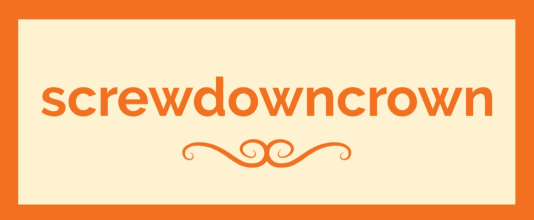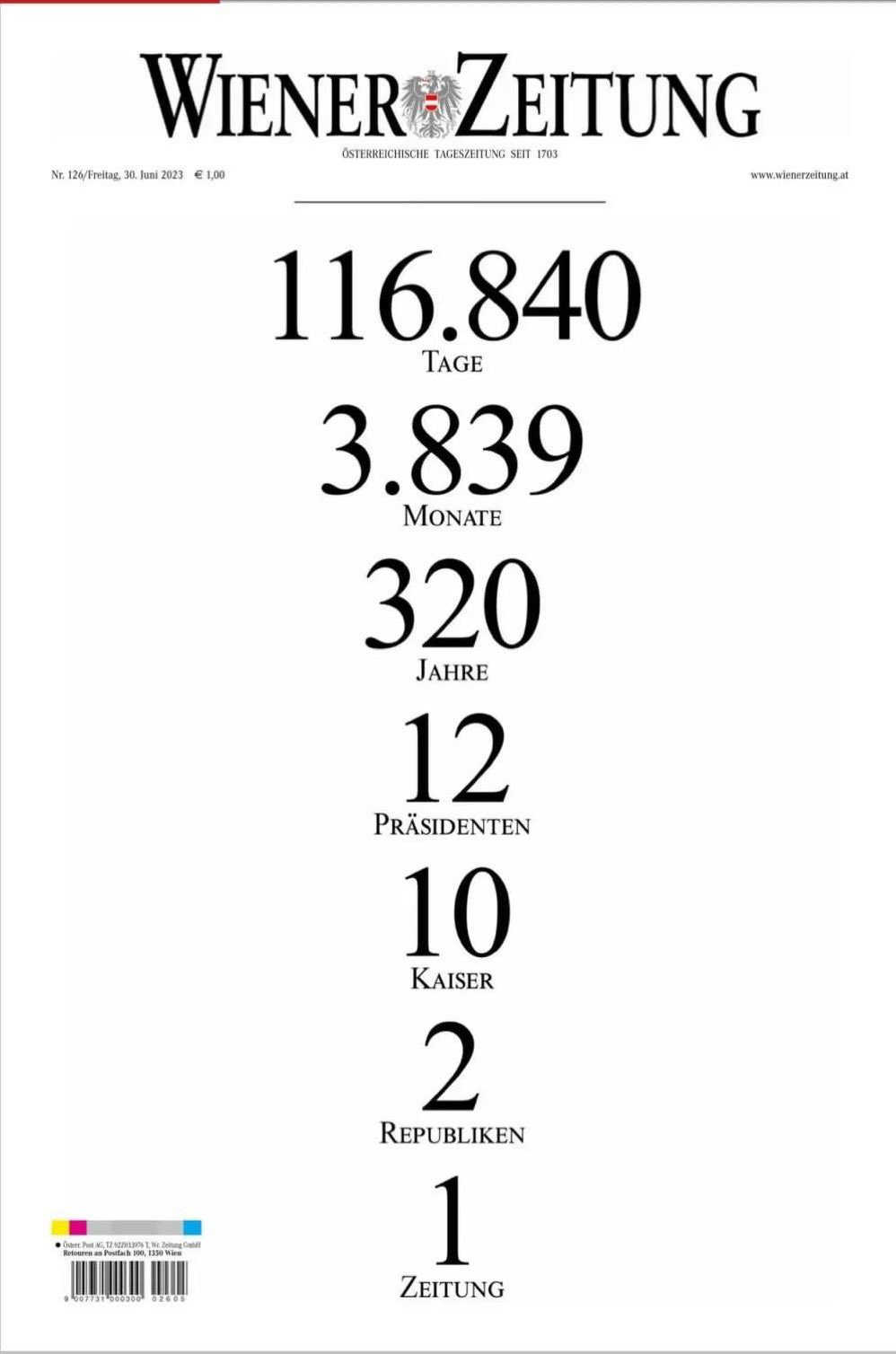SDC Weekly; Protect your time; Bye bye Gutenberg Era; Watch Pricing #4
OnlyWatch novelties, innovation, and a raging debate about pricing!
Hello again! Is it fair for a watch maker to set prices based on the prevailing market price for their product, despite this being something which fluctuates… and noting that they are unlikely to revise retail prices downward in the future? Stay to the end for more on this subject.
I trust my American friends had an enjoyable Independence Day celebration? Did I ever think I would be writing an intro to the fourth edition of a weekly update? No. If you missed the previous editions, you can find them here!
On that note, a warm welcome to all the new subscribers; it is a pleasure to have you here, and I hope you find something (or everything!) useful.
Since the last edition, we saw the Onlywatch 2023 collection announced - I shared my initial reaction to these watches on Instagram and do not have much more to say on the matter… I definitely wouldn’t mind one of these watches from F.P. Journe:

Despite wanting one - I speak only of this piece right here… which of course, I will never get, since it is a piece unique. The ‘regular’ production version will likely be launched in 2024/5 (just like the FFC) - who knows what will be altered. There might be a different colour dial or seconds hand, the dial may not be enamel, the (pointless) moonphase might be removed (good idea!)… we shall see. Nice to dream, eh!
Protect your mind, protect your time
This is a natural extension of last week’s post, but perhaps more philosophical in nature. It is one thing to control your schedule, and macro-level time management is always a good thing - but what about the things you allow into your head?
In some ways, this idea builds on the study in last week’s newsletter around moral decline - sometimes our beliefs are just imbued with negativity as a result of the negativity we are surrounded by, intentionally or incidentally. As an aside, Scott Alexander has a better take on the whole moral decline hypothesis here - which kind of aligns with what I said last week - this isn’t real insofar as the ‘studies’ might suggest! I digress…
Prior to the age of social media, we had ‘gatekeepers’ who controlled what made its way to the general public. Editors and radio station managers decided what books were published, or was included in magazines, newspapers, and radio shows.
Today, this is true to a lesser extent. Everyone seems to have a podcast, anyone can publish things … Anyone can push their message out to everyone else. Not only that, it is more lucrative, financially. This shift started about 20 years ago with blogging but has now resulted in a distinct upside - specifically, democratising the dissemination of ALL content (just like this independently published post you’re reading now).
The problem is obvious: democratisation cuts both ways, and this shift amplifies the sheer volume of content available to us - information overload, if you will. What is missing from all of this? Trust!
In the age of gatekeepers, new content was released at a reasonable pace; someone could read their favourite magazines cover to cover, listen to/watch the limited number of available radio/television shows, and catch up on the latest books before the next batch of media arrived. And while what did get released was filtered through the taste of a select segment of the population, it had at least been vetted, edited, proofread, and fact checked.
Now, what was once a periodic stream of trusted, carefully curated content, has become an endless torrent. Whatever you want, you can get, and often… it’s free! You can have free news, free music, free videos, free everything. But of course, as the saying goes… you get what you pay for - and this has not been more accurate than it is today. With all this free stuff at our fingertips, we find ourselves in a dire pool of fakery, devoid of authenticity. As Noah Smith put it:
“Misinformation is a job; correcting misinformation is a hobby.”
There are millions of free podcasts, more books than you could read in a hundred lifetimes, and the so-called doom-scrolls of social media… The calibre of all this available content varies wildly — from the disgusting and scary to the thought-provoking and invaluable. Speaking of… (lol):
In this era without gatekeepers or curation, no one is going to filter anything; the buck stops with you. Every person must become their own editor-in chief and embrace this role and responsibility with the very same ruthlessness which the media titans of old applied to their media outlets back then.
If you think about it, the foundation for the judgment which these editors applied to the content they shared, rested on their understanding of, and commitment to, the mission of their company, publication, or publishing house. Sure, they wanted sales, popularity and profits… but the ones regarded as ‘the best’ also became celebrated for their greater purpose: to accurately inform the public, influence the culture organically, or propagate art without personal biases.
It is worth evaluating how you decide what content you consume. Like I said, this is a little philosophical (that’s why you‘re here, no?!), but I am sure you’ll agree: we are what we consume. What we consume lives in our thoughts… our thoughts eventually get translated into our actions… and our actions performed repeatedly become our character.
Can you honestly say you have been strict enough with the curation of your consumption, given what is at stake? The things you watch, listen to, and read; the people you follow and whose opinion you value — the things which influence what you turn into — are they all ‘AAA-rated’ with respect to your own goals?
Sure, watch media is unavoidable for watch geeks - after all, the ‘hand’ of watch brands feeds the ‘mouths’ of watch media - and they’re obliged to reserve their harshest criticism - are you appropriately sceptical when you consume this media?
Take Wei Koh, for example - seems like a great guy, and he is undoubtedly knowledgeable about watches. Despite that, I will openly admit that I never take anything he says in print or online at face value - he runs Revolution, and his job is to provide positive publicity to anyone who is willing to pay for it. The above quote from Bad Boys is so appropriate! He does seem like the sort of guy who could have an open and honest conversation, but only if it is off the record. That’s the game, it always helps to know when you’re playing it.
The bottom line is this: Any publication of old had a mission to publish things it deemed fit to print. As your own editor-in-chief, make it your mission to fill the pages in your book of life with content that’s fit to enter your mind, shape your character, and be given the privilege of using your most precious resource: time.
Links of interest
😇 On the 30th of June 2023, Weiner Zeitung, the oldest continuously published newspaper in the world, was printed for the last time. It signed off the Gutenberg era with the front page shared above. The Gutenberg press was a disruptive technology that expanded the creation and application of information in society. Our information age and the laws that govern it, were built on the foundations of the printing press—and three hundred years of commercial, social and economic power politics.
One such institution that takes a starring role in arguments of the economics of creativity is copyright: a set of rules created to enrich not authors but the emerging publishing industry. Here’s a book which “traces the epoch of print from its controversial beginnings to our digital present—and draws out lessons for the age to come.”
🤩 A neat post from The Eclectium about an atelier visit with Luca Soprana, which also links to this awesome deep dive on Derek Pratt.
📹 A 30-minute episode of ‘Mayer Time’ dives into the collection of Jeff Jonas, who has spent over 50 years collecting watches - from Speedmasters to Greubels - this was an entertaining video.
🏎️ Brendan Cunningham writes about The History of Rolex, Tudor and Motorsports in Japan - a fun read!
💀 Turns out, the current AI boom — the convincingly human-sounding chatbots, the artwork that can be generated from simple prompts, and the multibillion-dollar valuations of the companies behind these technologies — began with an unprecedented feat of tedious and repetitive labour.
😵💫 Take a trip down memory lane, and discover forgotten trends in web design at the Web Design Museum!
End note
If you haven’t already seen it, I shared an update to an old post last week:
Here’s the gist of it:
So what’s my point? As long as we, as collectors, continue to be appreciative of genuine horological marvels… horological geniuses will have a reason to make them.
I said this before, and here’s another reminder: I appreciate all feedback - even if you never comment, try to make an exception. Is this newsletter worth your time? Anything missing that you’d like to see? Anything here which you thought was not worth including? I honestly share about 10% of what I consider interesting, and there’s just never enough space to fit it all it, so I tend to ‘guess’ what folks might like to see… the feedback would be immensely helpful. Let me know, and thanks in advance!
Until next time!
F
Bonus links: Watch pricing
If you haven’t seen it, I would encourage you to take a look at this post on the aforementioned Instagram account and read the caption along with the 100+ comments on the subject of pricing watches. Some healthy discourse, to say the least! Here’s an old post of mine on the subject too.
Finally, here’s another old post which I encourage you to read - the relevance of which will become clear in next week’s SDC - the ‘news’ around this went live yesterday, and so I haven’t seen any formal press releases on the subject. Watch this space!






I was seeing all the Revolution coverage of the LV debut of the Tambor and wondered what the take on Wei Koh was. Hits it pretty well on the nose